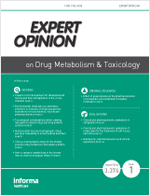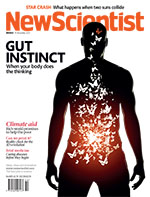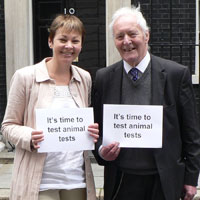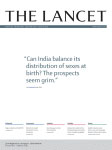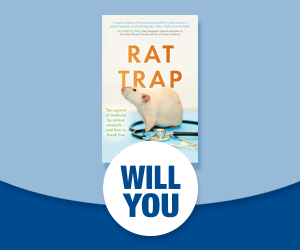Dr Elias Zerhouni, Director of the National Institutes of Health (NIH: the world’s largest supporter of medical research) from 2002-2008, laments that researchers have over-relied on animal data, saying:
“The problem is that it hasn’t worked, and it’s time we stopped dancing around the problem…We need to refocus and adapt new methodologies for use in humans to understand disease biology in humans.”
Ref: http://nihrecord.od.nih.gov/newsletters/2013/06_21_2013/story1.htm
Dr Francis Collins, current NIH Director, has frequently criticised animal testing for being expensive, time consuming and unreliable. He says:
“With earlier and more rigorous target validation in human tissues, it may be justifiable to skip the animal model assessment of efficacy altogether.”


